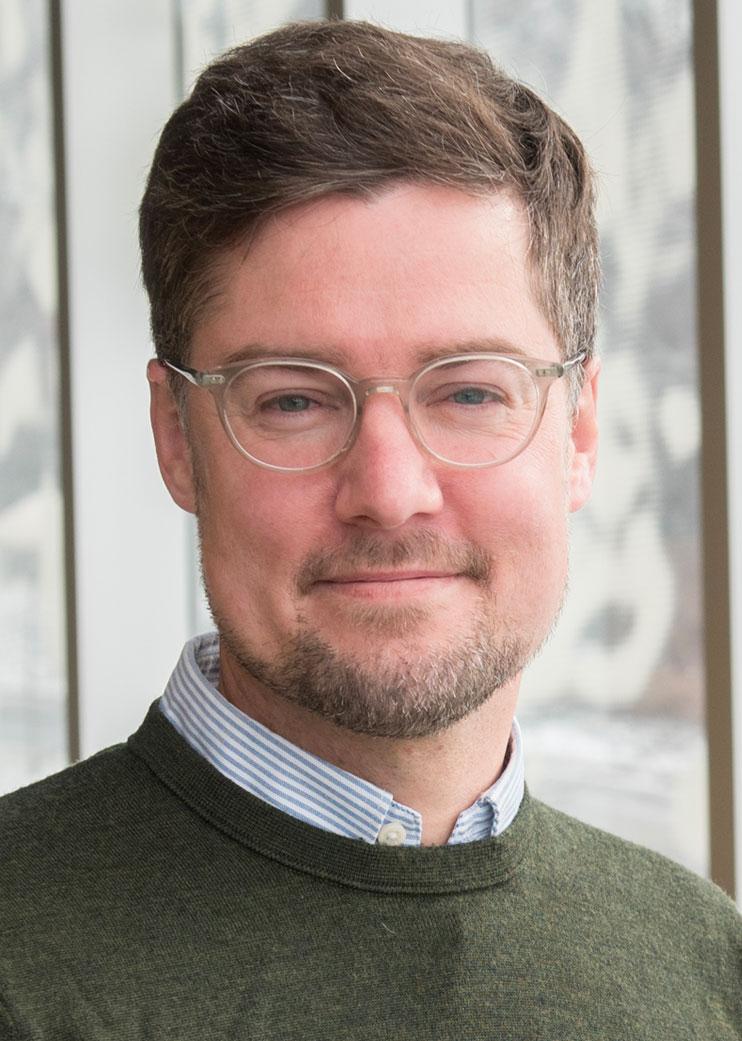Studying Science Scientifically Speaker Series: Vincent Larivière

Vincent Larivière, UNESCO Chair on Open Science, professor of information science, and associate vice-president (planning and communications) at the Université de Montréal, will present, "Are self-citations a normal feature of knowledge accumulation?"
Vincent Larivière holds the UNESCO Chair on Open Science at the Université de Montréal, where he is professor of information science and associate vice-president (planning and communications). He is also scientific director of the Érudit journal platform, associate scientific director of the Observatoire des sciences et des technologies (OST), and regular member of the Centre interuniversitaire de recherche sur la science et la technologie (CIRST). He holds a B.A. in Science, Technology and Society (UQAM), an M.A. in history of science (UQAM) and a Ph.D. in information science (McGill), and has performed postdoctoral work at Indiana University’s Department of Information and Library Science.
Abstract:
Science is a cumulative activity, which can manifest itself through the act of citing. Citations are also central to research evaluation, thus creating incentives for researchers to cite their own work. Using a dataset containing more than 63 million articles and 51 million disambiguated authors, this talk will examine the relative importance of self-citations and self-references in the scholarly communication landscape, their relationship with the age and gender of authors, as well as their effects on various research evaluation indicators. Results show that self-citations and self-references evolve in different directions throughout researchers' careers, and that men and older researchers are more likely to self-cite. Although self-citations have, on average, a small to moderate effect on author's citation rates, they highly inflate citations for a subset of researchers. Comparison of the abstracts of cited and citing papers to assess the relatedness of different types of citations shows that self-citations are more similar to each other than other types of citations, and therefore more relevant. However, researchers that self-reference more tend to include less relevant citations. The talk will conclude with a discussion of the role of self-citations in scholarly communication.
About the speaker series:
The CIRSS Friday Speaker Series continues in Fall with a new theme of "Studying Science Scientifically: State of the Art and Prospects for the Science of Science.” With increasingly rich data sources, exciting new technologies for understanding natural language, and modeling methodologies adapted from diverse domains of scholarship, the opportunities to observe, measure, and model the structure and dynamics of the scientific enterprise abound as never before. We are inviting some of the leading thinkers and most innovative researchers to present at this talk series to illustrate the breadth of advances that have been made, and the many more yet to be made.
We meet most Fridays, 11am-noon Central time, on Zoom. Everyone is welcome to attend. More information, including upcoming speaker schedule and links to recordings, is available on the series website. For weekly updates on upcoming talks, subscribe to our CIRSS Seminars mailing list. Our Fall series is led by Timothy McPhillips and Yuanxi Fu, and supported by the Center for Informatics Research in Science and Scholarship (CIRSS) and the School of Information Sciences at the University of Illinois at Urbana-Champaign.
This event is sponsored by Center for Informatics Research in Science and Scholarship